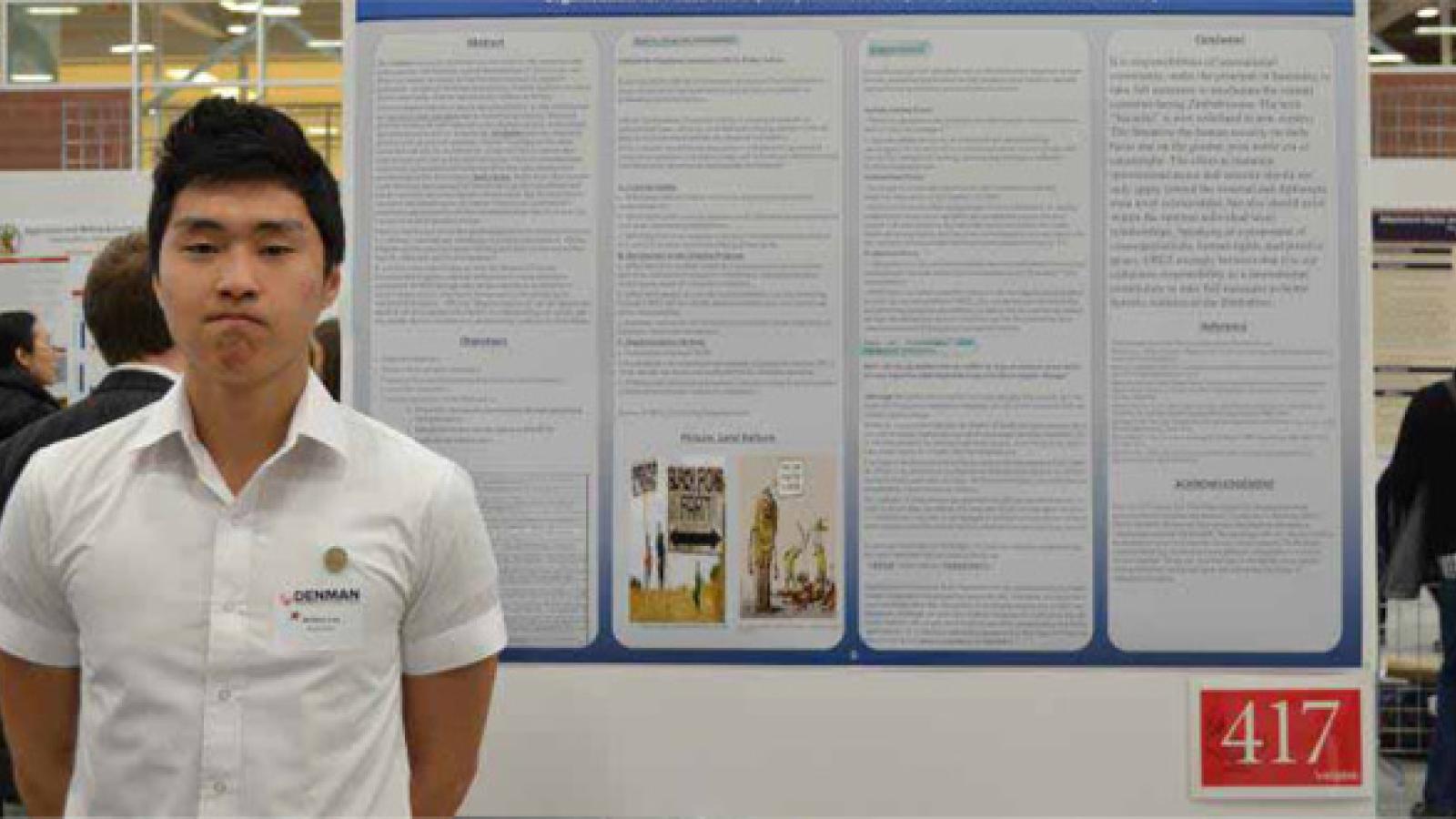Zimbabwe Structural Violence Extermination Program
Presenter: William Lee
Advisor: Dr. John Carlarne
Violence is usually defined as any use of force with intentions. But some scholars, like Galtung, expand this definition of violence into any limits on somatic or mental realization from reaching its potential realization. Despite of variations in definition, violence had been prevalent historically in two main forms, direct and structural violence. Structural violence is used to describe situation in which individuals are limited in their potentials due to its belonging structure. Structural violence tends to be more apparent in developing countries with unstable governments and economies. In particular, Zimbabwe has been frequently cited for its practice of structural violence. According to recent research and articles, in Zimbabwe, social structure is used to often oppress its people and justify immoral actions. There are abundant examples of both intentional and unintentional violations of human rights practiced by the government. For instance, land reform began in an effort to more fairly distribute land amongst its various racial groups (disenfranchised blacks and a white minority) became a major failure that resulted In massive starvation and famine across the county. The Zimbabwean government’s immaturity, combined with a lack of understanding of its own society, resulted in a dreadful death toll of civilians. I believe that the key to halt this perpetuating cycle of structural violence is in “offering.” The international community as a whole must focus on offering the Mugabe regime positive peace building procedures to prevent another tragedy, rather than merely condemning it. It is in this context that I came up with a Structural Violence Extermination Program with the help of Professor John Carlarne and fellow researchers of OPEZ through nonviolence simulation. The foundation of a positive peace society must begin from properly acknowledging its structural deficiencies. “Offering” the Mugabe regime right procedures and methods for development will enhance its understanding of society, and enable its people to autonomously develop proper policies for their future.

